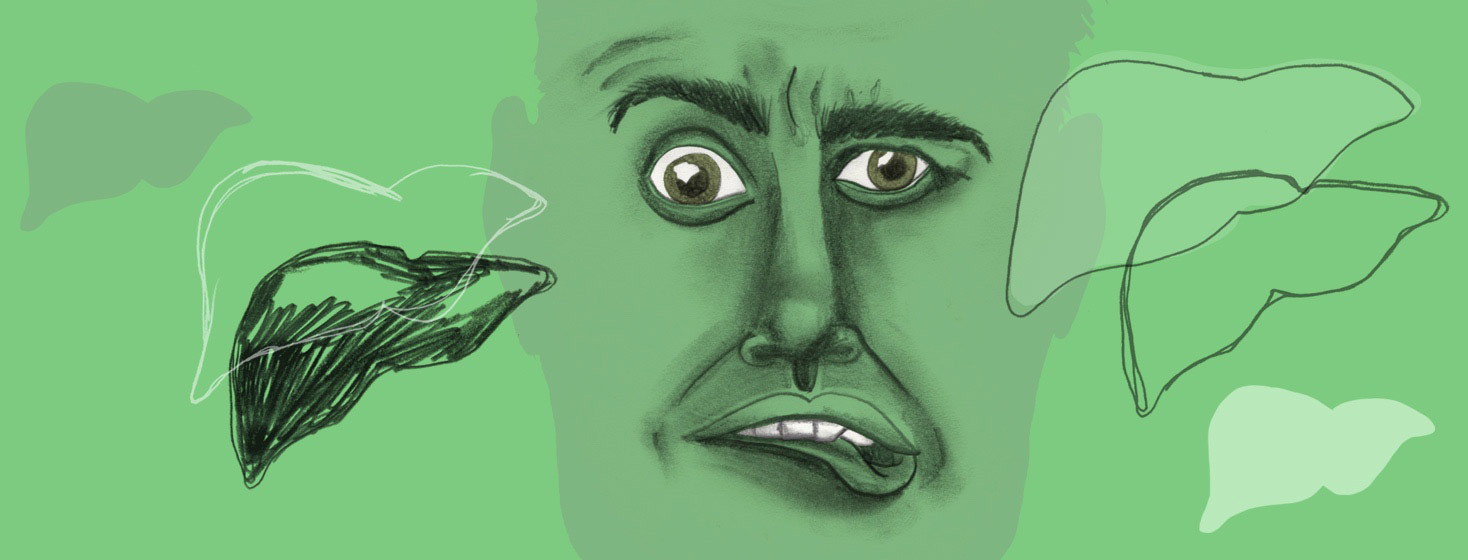I Was Just Diagnosed with Hepatitis C: Now What?
Will I need treatment? What are my treatment options? Should I wait to start treatment? What else should I know?
Receiving a positive diagnosis for hep C can trigger a wide range of responses, and none are particularly positive or comforting. Fear is prevalent, shame common, assumptions of a date with death not unusual. Shock and disbelief are typical, even for those who thought they might have been exposed to hep C in the past. As the shock fades, the dominating question is "What’s next?".
Which doctors treat hepatitis C?
Luckily, effective treatments are available. With current treatments, a diverse range of healthcare professionals now treat Hep C including internal medicine and family practice physicians, physician assistants, nurse practitioners, and pharmacists. In some situations treatment will be administered by specialists, including pediatricians, gastroenterologists, infectious-disease doctors, and hepatologists, depending on the state of the illness.1
How serious is hep C?
I was treated by a gastroenterologist, also a hep C researcher, once my positive diagnosis was been confirmed. For many patients, doctors are the first and often primary sources of information on treatment options. Hep C is a persistent disease, and the most patients (75-85%) will develop chronic hepatitis C (CHC). Untreated, hepatitis C can cause extrahepatic complications such as type 2 diabetes, heart disease, and chronic kidney disease, as well as many liver problems, which can be life-threatening if untreated.2-4
Treatment options?
Today, direct-acting antiviral (DAA) treatments are significantly more effective than the previous options in eliminating the disease - and with fewer side effects!5-8 As noted in a 2019 paper, “The treatment of CHC has undergone significant advancement over the past decade. In particular, the cure rate with new DAAs has climbed to over 90% across genotypes, with some of the newest DAAs achieving a cure rate of 100% in certain genotypes."5
Your doctor is the best person to ask about which treatment is best for you. Generally, treatments for patients without cirrhosis of the liver across all genotypes include Mavyret (typically taken for 8 weeks) or Epclusa (typically taken for 12 weeks). Both are consumed orally and the typical side effects (fatigue, nausea, headache, or insomnia) are usually manageable. Many, including myself, experience no side effects. Those with active cirrhosis will typically receive one of the above treatments, depending on their specific genotype and severity of liver damage. Treatments can work very quickly; The US Department of Veteran Affairs notes that “The medications will usually cause a very big drop in the viral load within the first two weeks. Some patients will see their viral load become undetectable very early, such as by the fourth week. For other patients, it can take longer until their viral load becomes undetectable”.9
Don't wait!
There is no reason to wait for treatment to begin once your care provider has approved it. The treatments are expensive and for those without medical insurance, this may cause some delay, though there are many subsidies available from public and private sources. The medication must be taken daily; My medication was dispensed on a monthly schedule, so traveling could be a challenge to address prior to or during treatment.

Join the conversation